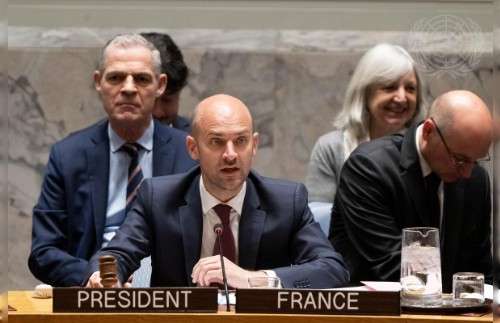
On April 22, 2018, a suicide bomber detonated an explosive charge near the doorway of a voter registration center in Kabul’s Shia-majority Dasht-e Barchi neighborhood, killing at least 57 people and injuring another 119. Meters away from the blast was “Arash,” a 27-year-old delivery driver and father to a 4-year-old son and 2-year-old daughter. Like many other bystanders, he rushed to the scene to try and help survivors. Instead, he ended up collecting the dead and their severed limbs: feet, hands
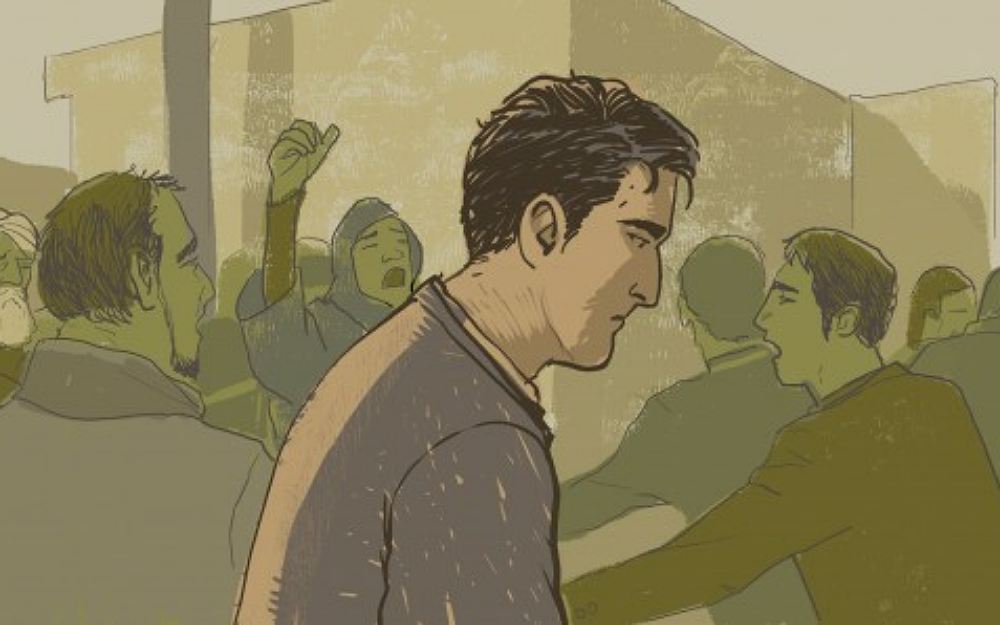
© 2019 John Holmes for Human Rights Watch
I did not forget a single moment of this attack – day or night,” he said, recalling how the attack changed his mood and behavior. “Before the attack, I could get angry, but not like this….But due to the economic problems, I just suffered on my own and did not go to the hospital. I just remembered every moment, until the next attack [I experienced”

The Afghan government is failing to provide sufficient psychosocial, or mental health, support to Afghans who have experienced traumatic events, Human Rights Watch said today. More than half the Afghan population, including many survivors of conflict-related violence, struggle with depression, anxiety, and post-traumatic stress, but fewer than 10 percent receive adequate psychosocial support from the state, according to government documents. The Afghan government and international donors should expand mental health services and outreach campaigns.
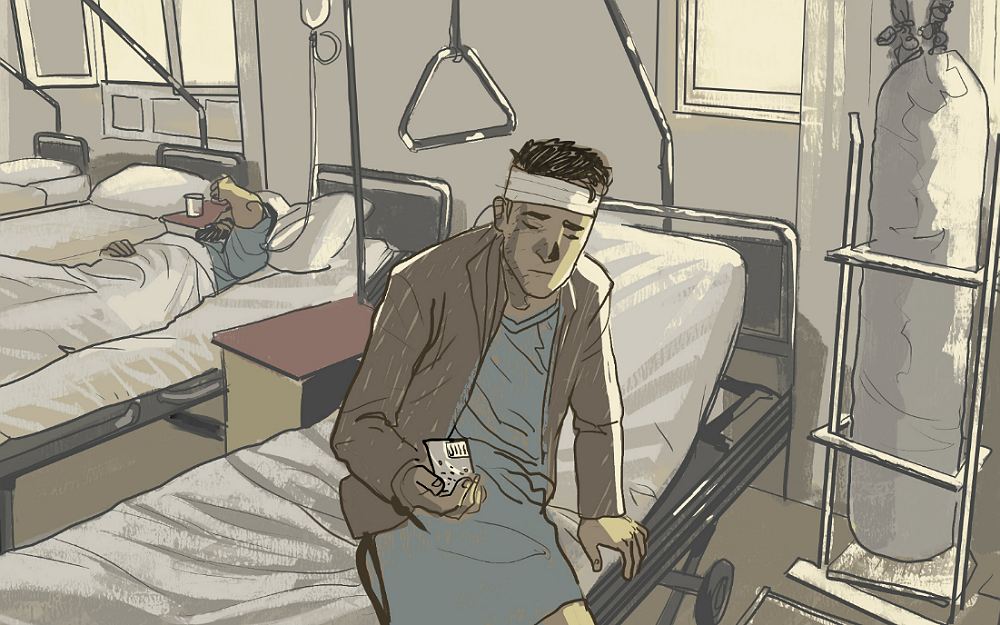
Unconscious, Arash was first taken to the Istiqlal, one of the largest public hospitals in the capital, and then to a surgical center for war victims run by Emergency, an Italian organization. Arash stayed at the hospital for one week, treated by foreign doctors and nurses. “When I was under treatment, I got medicine,” he said. “When I got discharged, I got a pocket of paracetamol tablets. No one asked me how I felt [mentally], all they did was a physical examination.”
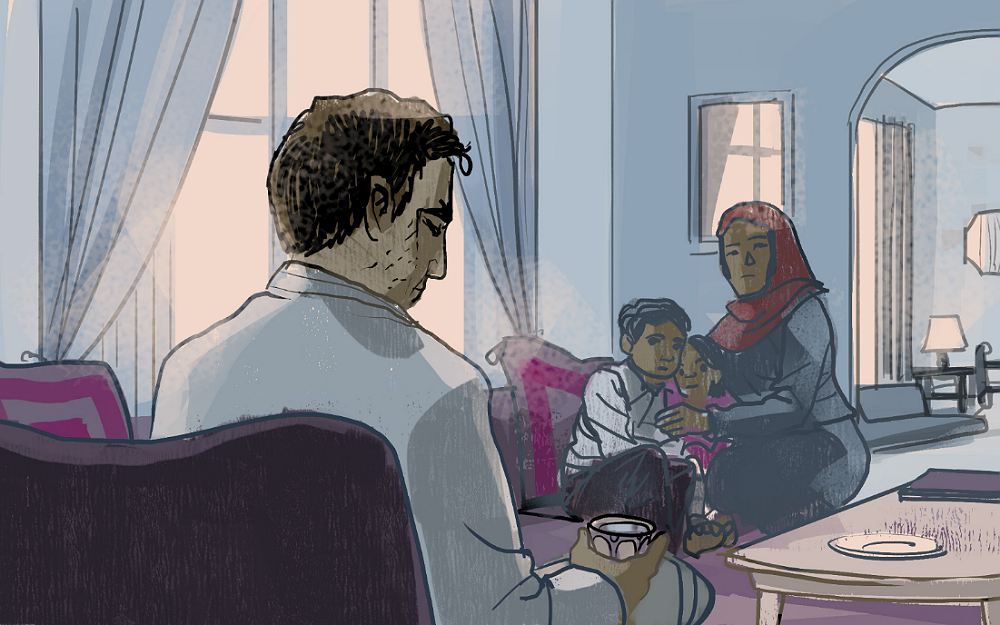
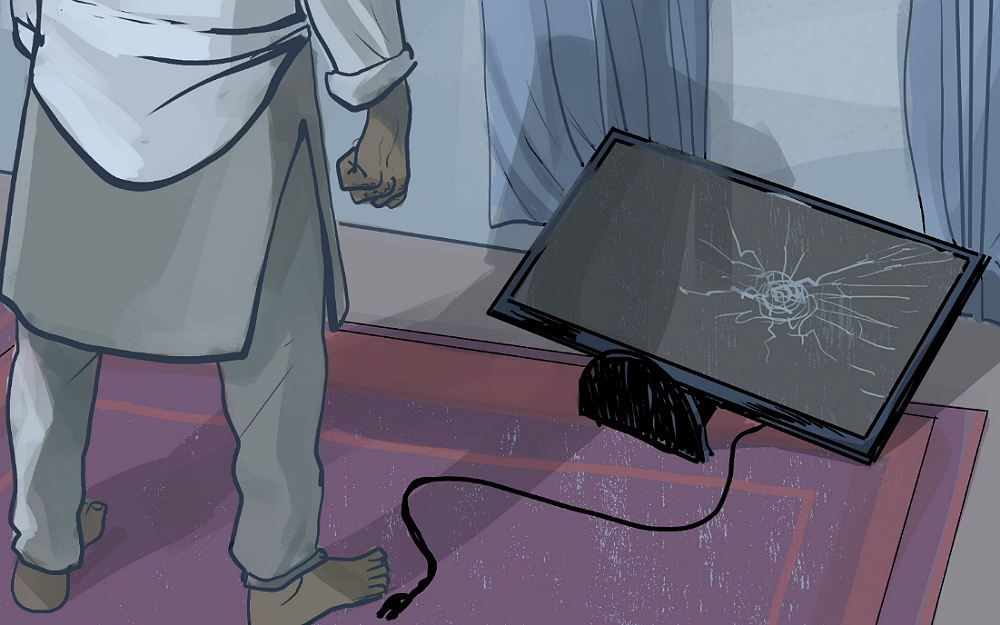
The April 2018 and March 2019 attacks had a significant impact on Arash’s psychological wellbeing and that of his entire family. “One day, my wife was not at home and I turned on the TV and didn’t like what I saw,” Arash said. “I was hearing that there was an attack and that the Taliban were gaining ground. So I punched the TV and broke it.” The incident was not?? the last in a series of angry outbursts that Arash attributed to the attacks.
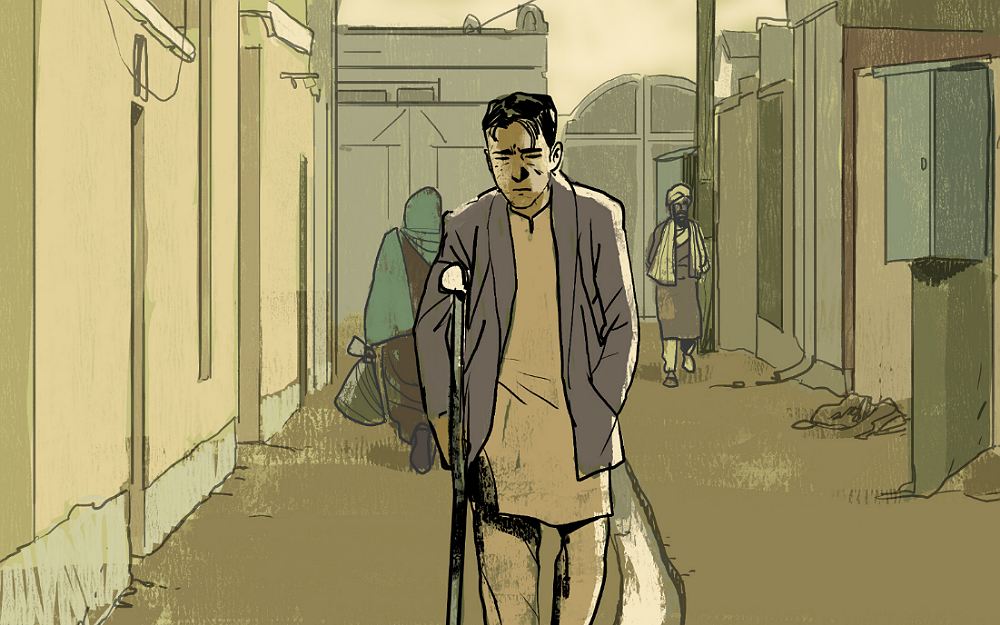
© 2019 John Holmes for Human Rights Watch
Because of where he lives, Arash said he is constantly confronted by the memories of the attack. “It happened in my street,” he said. “Every day, I have to pass through, and I remember the smoke, the ashes, the darkness and the sounds.” Adding to Arash’s concerns are his young family’s economic situation. Because of pain to his leg, he said he cannot work anymore, and he does not know how to feed his family. “I used to be very strong,” he said. “But now I feel like a half person.”
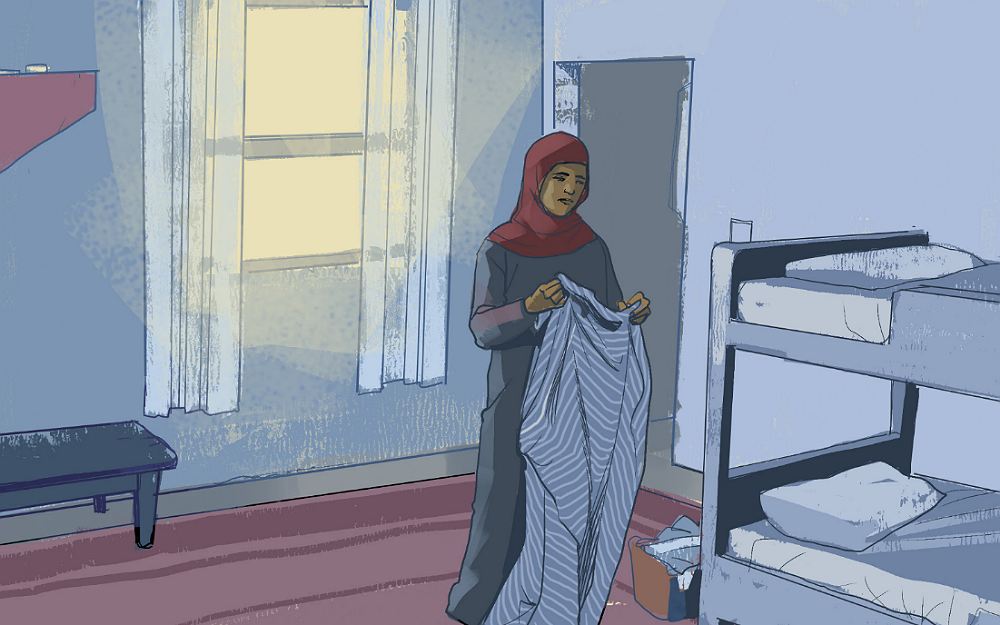
In a separate interview, Arash’s wife, “Mozhdah,” 26, said the attacks changed her life completely: “In the past, life was good,” she said. “Not anymore. I was pregnant for two months [when the second attack happened]. When I saw the injured body of my husband, I was shocked and lost the baby two days later.”
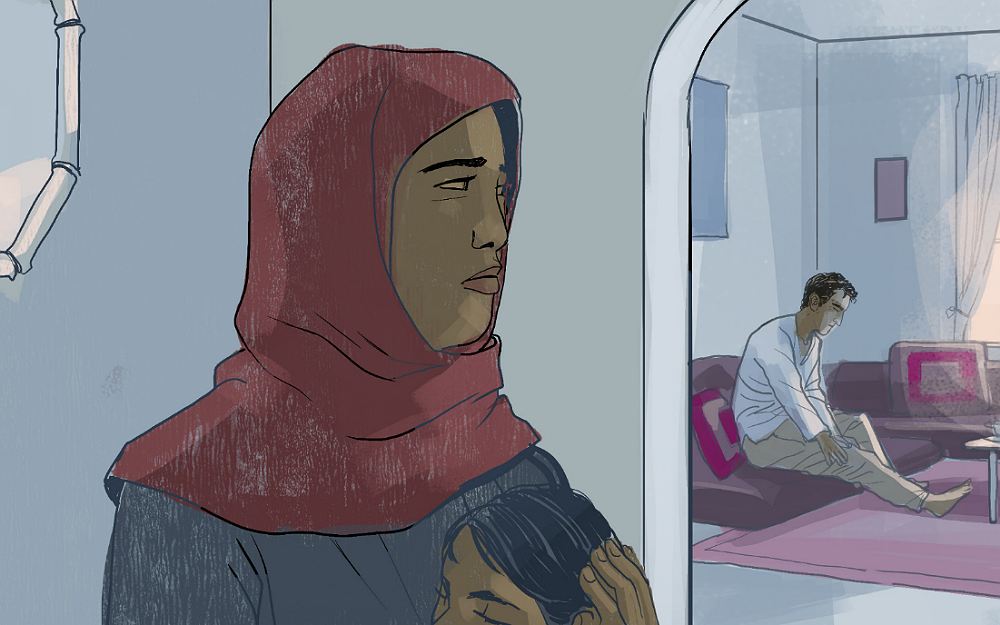
Adding to Mozhdah’s despair is her husband’s present psychological state: “Sometimes I feel bad, but I am forcing myself to manage the house and the children since my husband is sick,” she said. “When I get angry or sad or pressurized, I don’t enter the house because I don’t want him to feel bad.…I cannot breathe, I feel like I’m suffocating and just start to cry loudly. If I don’t, it feels like I cannot speak.”
The Afghan government is failing to provide sufficient psychosocial, or mental health, support to Afghans who have experienced traumatic events, Human Rights Watch said yesterday.
According to Human Rights Watch, more than half the Afghan population, including many survivors of conflict-related violence, struggle with depression, anxiety, and post-traumatic stress, but fewer than 10 percent receive adequate psychosocial support from the state, according to government documents. The Afghan government and international donors should expand mental health services and outreach campaigns.
Some Cyber Security Softwares
Technological tools and services known as cyber security solutions aid in defending businesses against cyber attacks, which can lead to detrimental outcomes such as application downtime, sensitive data theft, reputational damage, fines for noncompliance, and much more.
UN Security Council Meets on Situation in Middle East, Including Palestinian Question
Jean-Noël Barrot, Minister for Europe and Foreign Affairs of France and President of United Nations Security Council for the month of April, chairs the Security Council meeting on the situation in the Middle East, including the Palestinian question.
Remote Island’s Brain-Damaged Seabirds Show Far-Reaching Impact of Plastic Pollution
Promoted as “Just Paradise,” Lord Howe Island hundreds of kilometers east of Australia is a unique environment home to plants and fauna found nowhere else in the world.
New Zealand Police Stopped Naked Driver
Some residents called New Zealand’s Queenstown police to report a naked man driving slowly and erratically on Morven Ferry Road, close to the interchange of State Highway 6. Earlier, he was spotted using a golf club to smash golf balls into the adjacent Arrow River before he got into his vehicle.
Dog Stories
Humans love dogs, and we have some of the best dog-related content on our website.Here some selected stories.
They Are Not Journalists But Propagandists
Politicians should remember that journalists have the right to act as eyes and ears of the public.Hostile attitudes towards media is a dangerous and alarming trend.Polarization even in media, saddens us the most.After all nationalist and popular leaders and their cronies use powerful instrument like television news to influence public opinion by controlling them.
Cryptojacking
An online threat known as cryptojacking, or malicious crypto mining, sneaks onto a computer or mobile device and uses its resources to ‘mine’ cryptocurrencies, which are virtual monies.
Chinese Man Who Displayed Pro-Democracy Banners in Detention:Sources
Chinese authorities have detained a young man for unfurling pro-democracy banners this month at an overpass in Chengdu in southwest China – a rare form of public protest that is punishable as a criminal offence, two sources told Radio Free Asia.






